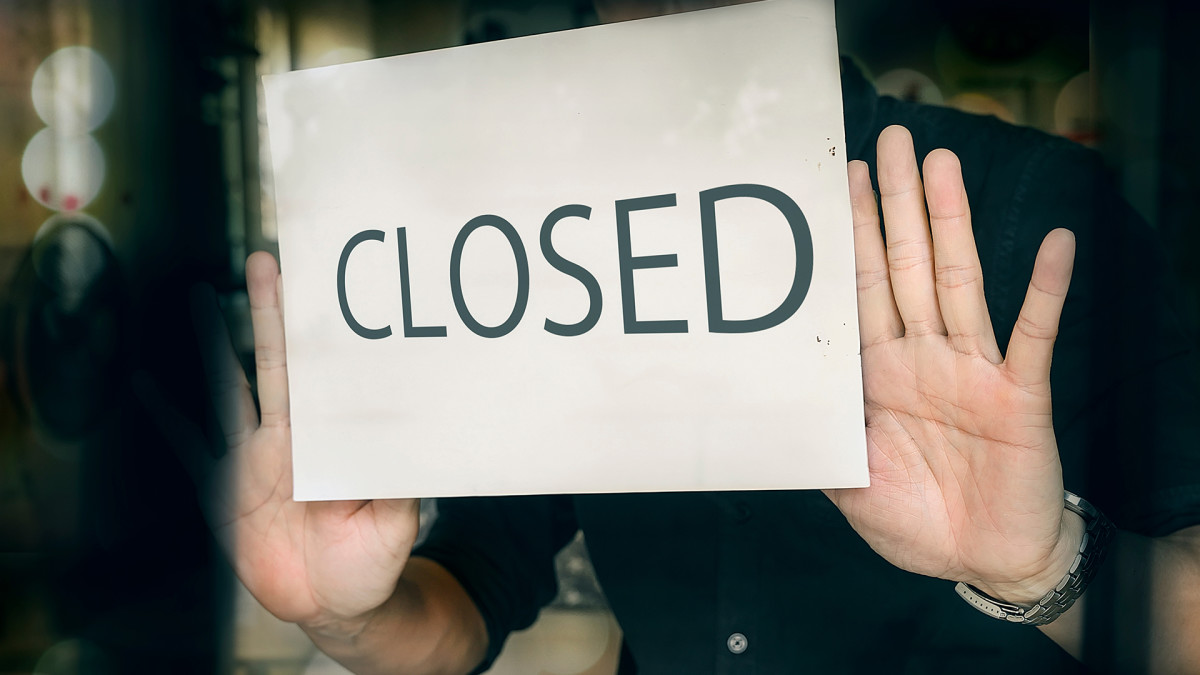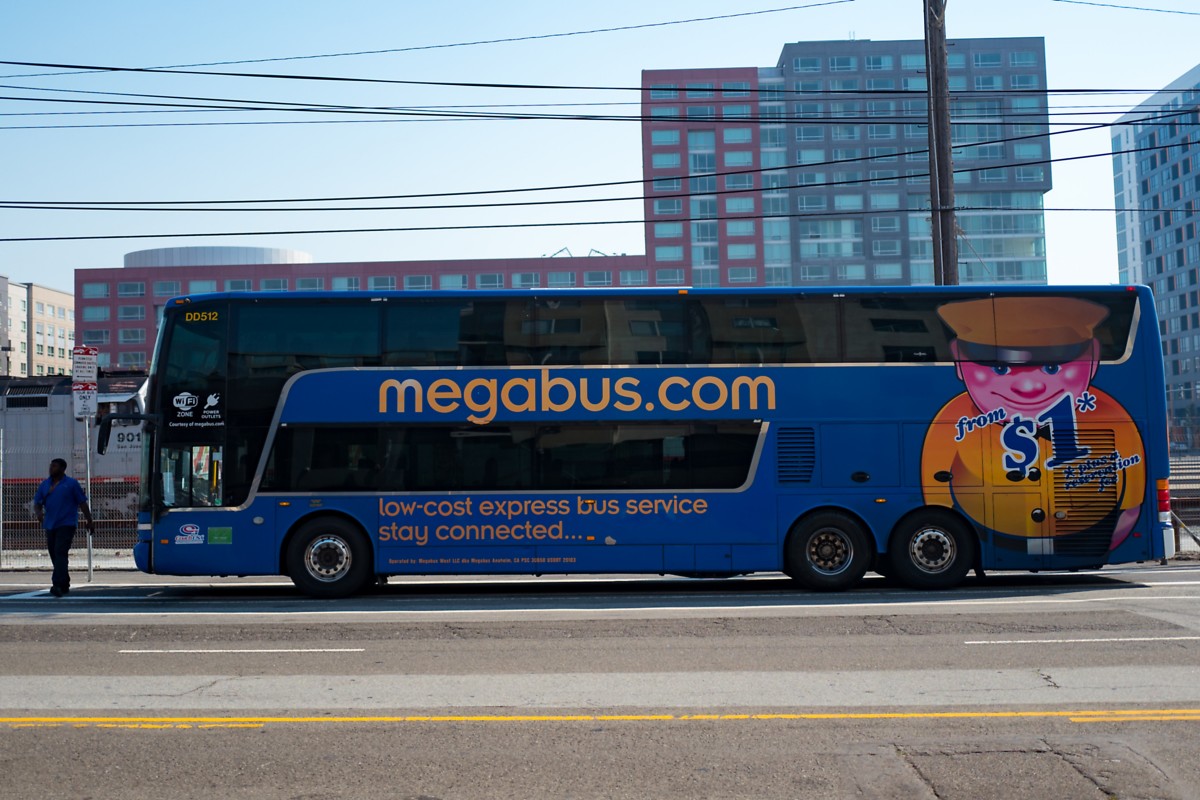
It's no secret that many of our behavior patterns have changed over the past several years.
In early 2020, for example, before many of us even knew what Covid was, most of us had been following a regular cadence that was likely recognizable to somebody 40 years ago.
Related: TJ Maxx, Marshalls makes major expansion move shoppers will love
Just four or five years ago, many of our days looked like Dolly Parton's famous "9 to 5" ballad for the common working man. We'd tumble out of bed, stumble into the kitchen, pour ourselves a cup of coffee (otherwise known as ambition), and grapple with the local traffic to get to our offices so we could try to earn a living.
But the pandemic interrupted that predictable schedule. Many of our jobs turned remote. Fewer and fewer of us have regular daily commutes. Some may still pop in a few days a week (ask any hybrid worker how they feel about Wednesdays) but, by and large, Americans aren't commuting the way they used to.

Shifting consumer behaviors have outsized effects
One of the hardest hit factions of the consumer goods industry by the pandemic has been the travel space. At the onset of 2020, when nearly everything deemed nonessential shut down, most travel companies struggled for life.
The thought of going to a new area and potentially exposing oneself to a new strain was less than appealing. Very few people went to the beach, international travel more or less stopped, and absolutely nobody wanted to board an airplane with hundreds of strangers locked into close quarters.
Related: Home Depot launches Amazon-style feature customers will love
But a few years into the pandemic, restrictions eased and a so called surge in revenge travel helped to revitalize hotels, airlines, and cruises. That sharp spike in demand was difficult to meet initially, but a sudden influx in consumer cash (and a slow drip of government assistance through the hardest months of Covid) helped to keep these large corporations afloat.
Nowadays, you might worry more about an airline over-booking a flight, as opposed to it being an unoccupied ghost town.
Not all travel is treated fairly
But while a return to leisure travel and tourism has helped to bolster airlines and cruise companies, other parts of the travel industry are still struggling.
One such company is Coach USA, the parent company that runs Megabus and other commuter bus options that connect the greater New York City area. As fewer Americans commute each day into the office, ticket sales have dwindled. Profit has plummeted since the onset of Covid. And with many of us still remote, a surge in revenge commuting hasn't exactly happened.
More Retail:
- Ulta CEO sounds the alarm on a growing problem
- Lululemon releases a first-of-its-kind product
- Target store introduces a new 'over 18' policy
- Amazon launches genius new subscription product
Coach USA filed for Chapter 11 bankruptcy protection on June 11 according to a petition filed in Wilmington, Del. Coach USA owes creditors between $100 and $500 million. It plans to borrow around $20 million to assist with restructuring costs.
Coach USA intends to sell some of its assets and bus lines to at least two transportation companies; some bus lines are intended to go to Renco Group and Avalon Transportation. It also plans to sell part of its Megabus operations, which includes intellectual property and retail to an undisclosed buyer.
The company largely blames a decline in ridership for its struggles. While commuting has somewhat recovered, particularly in the tri-state area, Coach USA said its 2023 ridership levels were only back up to 45% of what they were before 2020. An increase in the cost of gas, insurance, labor and workforce attrition also contributed to its continued difficulties.
Currently, Coach USA serves 27 regions across the United States and Canada. It services about 38 million passengers per year and employs over 2,500 people.
Related: Veteran fund manager picks favorite stocks for 2024







